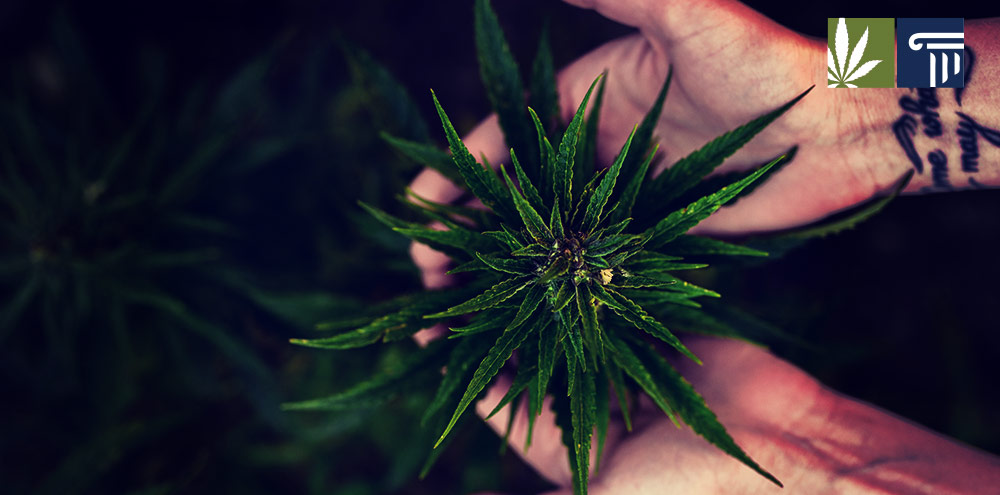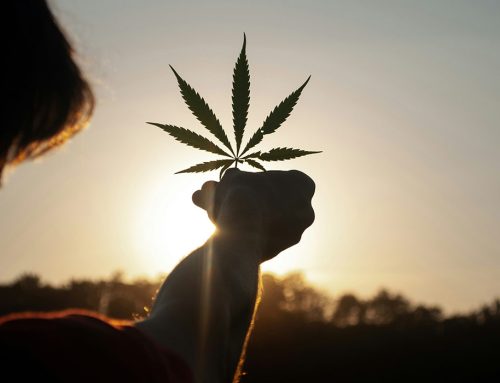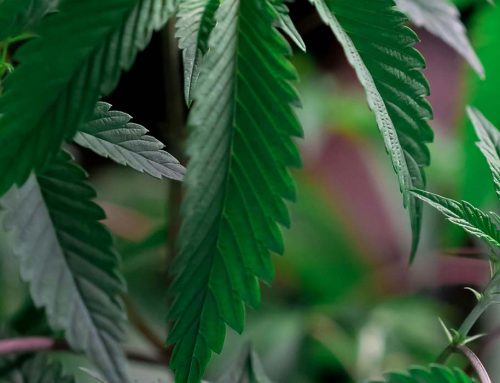What started as a promising year for the marijuana reform movement across the US has been set off-course by the COVID-19 pandemic. Cannabis legalization bills and petition drives for marijuana reform ballot initiatives have been put on hold as state officials and the federal government scramble to contain the spread of coronavirus, protect the economy and save the lives of those who have become infected.
Cannabis reform bills not considered a priority as legislatures across the country suspend their activities for the foreseeable future. At the same time, many states where marijuana is legal have classified cannabis business as “essential services” alongside supermarkets, pharmacies, and emergency responders.
At the beginning of this 2020, New York Gov. Andrew Cuomo identified adult-use marijuana legalization as a “top priority” for his administration. He included measures to legalize cannabis in his budget proposal to lawmakers in February for the second year in a row. But now that the state is the global epicenter of the disease – with nearly 10,000 deaths and counting – lawmakers made sweeping changes to the budget before the April 1 deadline. These did not include any provisions for marijuana reform. The focus instead shifted to containing, diagnosing and treating the disease whilst supporting New Yorkers hit hard by the financial impact of the state-wide lockdown.
Other states with pending marijuana reform bills, such as New Hampshire, Kentucky, Vermont and Connecticut have also put the issue on hold as coronavirus cases continue to rise.
Around a dozen states were in the midst of petition drives to put marijuana reform on the 2020 ballot, but with social distancing guidelines in effect it’s no longer possible to gather signatures.
“The coronavirus has impacted every signature drive on every issue across the country,” said Matthew Schweich, deputy director of legalization advocacy group Marijuana Policy Project.
“[Circulating petitions] contributes to the public health problem. There’s no playbook on how to do a signature drive during a pandemic,” he added.
Many ballot campaigns are working towards a July deadline to submit the required number of signatures and hope they can start canvassing normally again in May.
“People are scared. They don’t want to touch a pen or paper,” said Melissa Fults, executive director of Arkansans for Cannabis Reform. “All we can do is sit and wait.”
In the meantime, Fults adds they are looking at working together with two other campaigns collecting signatures for separate issues so that one canvasser can do the job for all three causes. To do this safely, they are considering asking individuals to sign the petitions whilst the canvasser remains in their car.
“We’re just going to have to get really creative,” Fults said.
In Nebraska, campaigners announced the suspension of their drive to put medical cannabis legalization on the 2020 ballot. They only started canvassing in early March and need to hit 130,000 signatures before July.
“[We] had already started hiring canvassers when this whole coronavirus thing happened,” said Tommy Garrett, a former Republican state senator in Nebraska who now serves as chairman of ADOPT, a statewide coalition to legalize medical marijuana.
If they can kickstart the campaign in May, “we’ll have 60 days to get this done,” Garrett said. “It’s not an impossibility.”
Campaigners pursuing marijuana legalization in Arizona are looking at innovative ways to gather signatures whilst following social distancing guidelines. Smart and Safe Arizona has already collected more than the required 238,000 signatures to put its marijuana legalization question on the ballot, but since many of those signatures can’t be verified by state officials they hope to gather more.
“Marijuana is in very good shape even with the lockdown order. We’d like to collect more,” said Stacy Pearson, a spokesperson for the campaign.
To do this, they have asked the Arizona Supreme Court to allow the inclusion of e-signatures. Alternatively, they are exploring the possibility of contacting individuals by email or phone to see if they would sign the petition, and if so drop it off outside the person’s front door so it can be signed with their own pen. The signed petition could then be collected later.
Meanwhile, ballot campaigns to legalize medical marijuana in Idaho and North Dakota have abandoned their hopes for 2020 and are refocusing their efforts on 2022 instead.
New Jersey, South Dakota and Mississippi have already determined their respective cannabis question for this year’s ballot. Voters in New Jersey will be asked whether the state should legalize adult-use marijuana sales, whilst Mississippians will have two separate medical cannabis questions on their ballot paper. South Dakota voters will have their say on both a medical marijuana and an adult-use question. That is, presuming the COVID-19 pandemic is under control by November and does not disrupt the elections.






